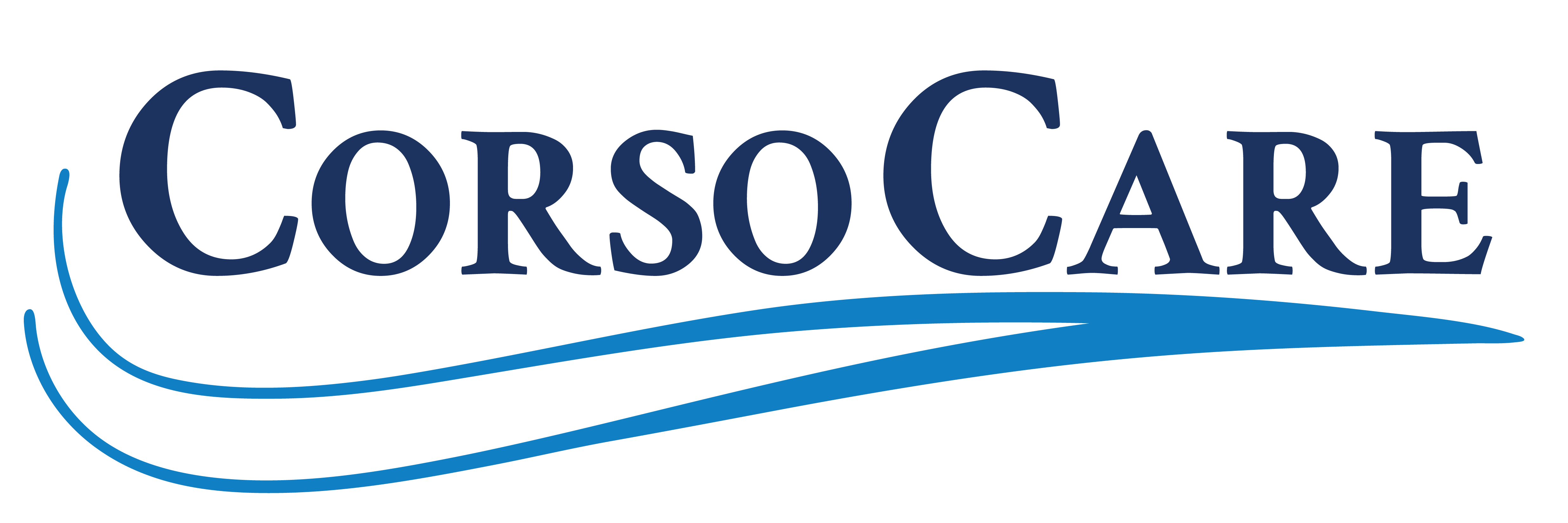
What is Dementia?
Dementia is not a disease. It’s a general term for the loss of memory, problem-solving skills, language and other thinking abilities that are severe enough to interfere with daily life.
Currently more than 55 million people live with dementia worldwide, and there are nearly 10 million new cases every year.
Keep reading to discover more about symptoms, causes and types of dementia.
About Dementia
Dementia is an umbrella term to classify many different variations of memory loss. Similar to terms like “heart disease” or “cancer,” dementia covers many specific medical conditions.
Types of dementia include:
- Alzheimer’s Disease: Alzheimer’s disease is the most common form of dementia and accounts for 60-80% of cases. It is caused by changes in the brain.
- Vascular Dementia: Vascular dementia is caused by microscopic bleeding and blood vessel blockage in the brain, and it is the second most common cause of dementia.
- Frontotemporal Dementia: This type of dementia most often leads to changes in personality and behavior because of the part of the brain it affects.
- Lewy body: In addition to cognitive symptoms, people with this form of dementia may experience stiffness, trembling and other movement or balance difficulties.
- Mixed Dementia: People may experience multiple types of dementia simultaneously, and that is known as mixed dementia.
Some forms of dementia are reversible. Conditions such as thyroid problems, vitamin deficiencies and urinary tract infections (UTIs) can cause symptoms of dementia. In these cases, once the underlying condition is resolved, the dementia will often reverse itself.
What Dementia Is Not
There are many misconceptions surrounding dementia, so it’s important to understand what dementia is and what dementia is not.
Dementia is not a normal part of aging. While we can expect our hair to turn gray and our muscles to weaken as we age, serious mental decline is not a normal symptom of aging.
If you or your loved one has been experiencing serious memory or cognitive changes, don’t assume these symptoms are just due to aging. Seek medical attention to find the cause right away.
Unfortunately, dementia is also not yet curable. Research for treatments that increase quality of life, increase safety and slow down the progression of symptoms is ongoing.
Causes Of Dementia
Dementia is caused by damage to the brain. This damage interferes with neurons (nerve cells in the brain) and their ability to communicate with one another. When these cells are affected, cognitive functions like thinking, behavior and feelings can be compromised. What type of dementia a person has is determined by what area of the brain was affected.
Although research is ongoing to determine the cause and prevention of dementia, leading a healthy lifestyle may help reduce risk factors.
What Are Symptoms Of Dementia?
Symptoms of dementia can vary widely, but they may include:
- Memory loss
- Difficulty communicating
- Disorientation
- Mood changes
- Difficulty with daily activities
Dementia is progressive. That means that a person with dementia will experience symptoms that start out slow and get worse over time. You may notice someone with dementia has difficulty recalling short-term memories, keeping up on home upkeep or bills, remembering plans, or locating daily items like their keys, wallet, or phone.
Currently there is no cure for dementia, but medications and supportive care can help manage symptoms and improve quality of life for people with the condition.
Who Is At Risk For Dementia?
It’s true that dementia is most commonly found in seniors, but dementia is not a normal part of aging. That’s why it’s so important to discuss any signs of dementia with your loved ones and encourage them to seek medical attention.
The risk of developing dementia does increases with age, and it is estimated that about 10% of people over the age of 65 and nearly 50% of those over the age of 85 have some form of dementia.
Other illnesses, including high blood pressure, high cholesterol and smoking, can contribute to an increased risk of dementia and dementia related deaths. Every year, dementia causes more deaths than breast cancer and prostate cancer combined.
Organizations such as the Alzheimer’s Association and the Alzheimer’s Foundation of America are leaders in fundraising and Alzheimer’s research, and they offer many resources to learn more about dementia and its causes.
